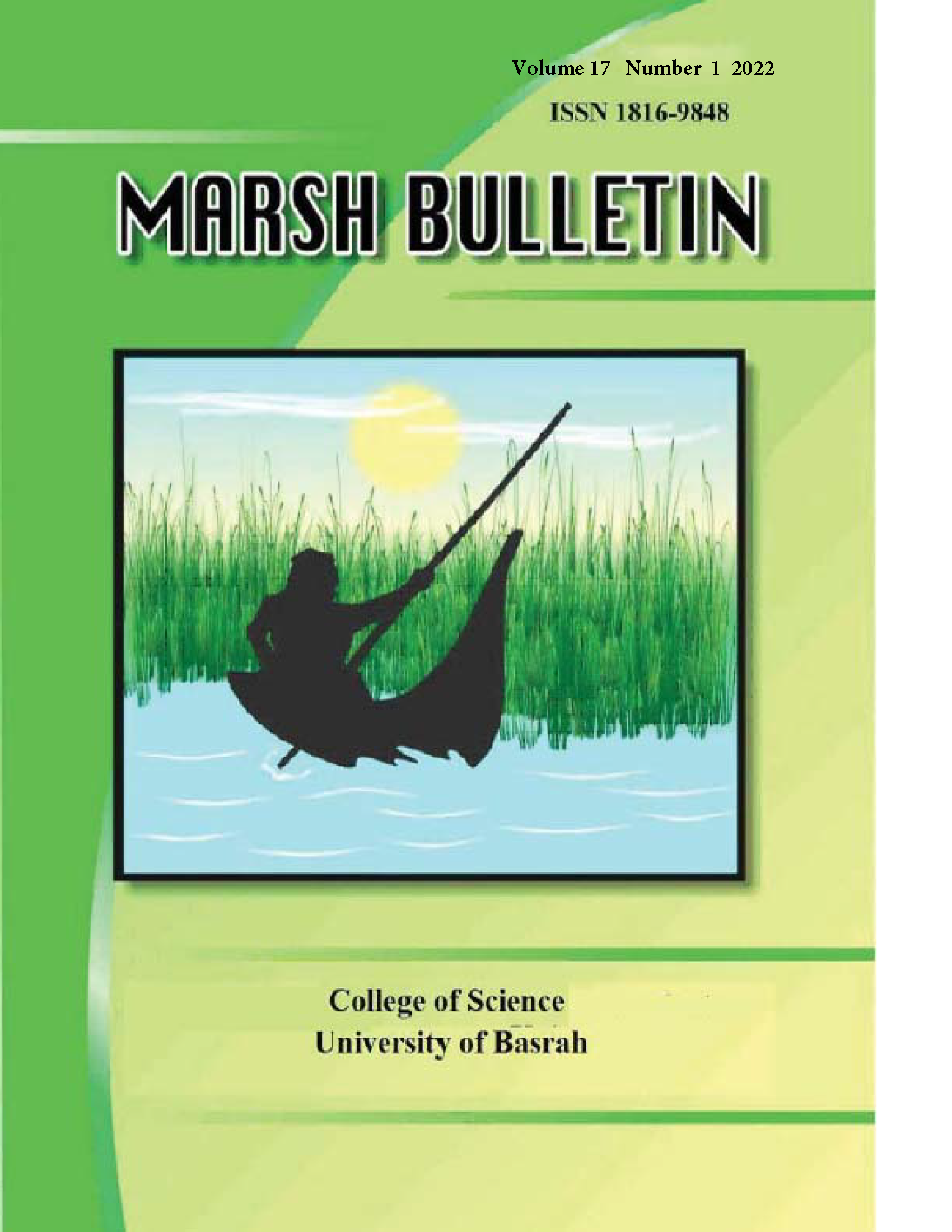Abstract
Abstract
A national effort to draw attention to the importance and restoration of degraded Iraqiwetlands was initiated in 2004 with significant international interest and assistance. Overall,that enthusiasm focused on specific regions of Iraq and opened doors to consider all wetlandsin Iraq. Over the next nine years, numerous projects to restore wetland habitat for fish andwildlife and for human use focused on the Chebayish and Hawizeh Marsh areas ofsoutheastern Iraq. The Iraq Ministry of Environment, Iraq Ministry of Water Resources, andNature Iraq have launched national biodiversity surveys and Key Biodiversity Areasassessments throughout the nation. A key milestone in 2007 was Iraq’s accession to its firstinternational environmental treaty, the Ramsar Convention on Wetlands. Iraq’s first RamsarWetland of International Importance at Hawizeh Marsh, the Central Marshes National Park,and draft management plans for both areas were created. More progress on these projects andother national wetland initiatives has not been fully possible yet.
Two national initiatives to advance wetland conservation across Iraq should be pursued:(i) a national wetland policy that appeals to all the regions and peoples of Iraq; and (ii) a planto expand the influence of the Ramsar Convention across Iraq. These efforts could supportexpansion of the number of Ramsar sites in Iraq as announced in Iraq’s National Report to theRamsar Convention in 2012. This paper discusses each of the issues noted here, drawing onexamples in other jurisdictions. The development of the oil and gas deposits associated withthe Hawizeh Ramsar site is also discussed.
A national effort to draw attention to the importance and restoration of degraded Iraqiwetlands was initiated in 2004 with significant international interest and assistance. Overall,that enthusiasm focused on specific regions of Iraq and opened doors to consider all wetlandsin Iraq. Over the next nine years, numerous projects to restore wetland habitat for fish andwildlife and for human use focused on the Chebayish and Hawizeh Marsh areas ofsoutheastern Iraq. The Iraq Ministry of Environment, Iraq Ministry of Water Resources, andNature Iraq have launched national biodiversity surveys and Key Biodiversity Areasassessments throughout the nation. A key milestone in 2007 was Iraq’s accession to its firstinternational environmental treaty, the Ramsar Convention on Wetlands. Iraq’s first RamsarWetland of International Importance at Hawizeh Marsh, the Central Marshes National Park,and draft management plans for both areas were created. More progress on these projects andother national wetland initiatives has not been fully possible yet.
Two national initiatives to advance wetland conservation across Iraq should be pursued:(i) a national wetland policy that appeals to all the regions and peoples of Iraq; and (ii) a planto expand the influence of the Ramsar Convention across Iraq. These efforts could supportexpansion of the number of Ramsar sites in Iraq as announced in Iraq’s National Report to theRamsar Convention in 2012. This paper discusses each of the issues noted here, drawing onexamples in other jurisdictions. The development of the oil and gas deposits associated withthe Hawizeh Ramsar site is also discussed.
